Global Futures and Epistemologies of the South: New Challenges for Sociology
Call for Papers – Sociology Special Issue
Guest Editors:
Gurminder K Bhambra, Professor of Sociology, University of Warwick and Visiting Fellow in Sociology (2014-15), Princeton University
Boaventura de Sousa Santos, Professor of Sociology, University of Coimbra, and Distinguished Legal Scholar at the University of Wisconsin-Madison
Deadline for submission of full papers: 16 October 2015
This special issue takes stock of the progress that has been made within sociology over recent decades to become a more globally oriented discipline and discusses the new challenges for the future that emerge as a consequence. It rests on two interlinked premises. First, that understandings of the world are much broader than the Western understanding of the world and so for sociology to adequately address its global futures it needs to take into account ways of knowing that exceed Western thinking, including critical Western thinking. Second, that the current configurations of the world are a consequence of global historical processes that have not always been adequately addressed within western-based sociology. For sociology to better conceptualise its global futures, it also needs to address its global pasts. We invite contributions that address the issues raised, both theoretically and through empirical research, across (but not limited to) the following themes:
- Epistemologies of the South and Global Challenges to /for Sociology
- Imagining Global Sociologies: Past, Present, and Future
- The Global South in the North
- Recovering Silenced / Forgotten Sociologies
- Transnational Solidarities, Anti-colonial Struggles and the ‘Rise’ of the South(s)
- Emancipatory Social Movements and Alternative Narratives
- Sociological Futures: Rethinking Social Justice in a Global World
- Neocolonialism, Postcolonialism, Decoloniality, and Decolonization
Submission Details:
Deadline for submissions: 16 October 2015 (full papers)
Word limit: 8000 words
Queries to be addressed to: bsantos@ces.uc.pt and g.k.bhambra@warwick.ac.uk
Submit online: http://mc.manuscriptcentral.com/soc
Full submission instructions are available on this site on the ‘Instructions and Forms’ page. Please read these in full well before submitting your manuscript. All manuscripts will be subject to the normal referee process, but potential authors are welcome to discuss their ideas in advance with the editors.
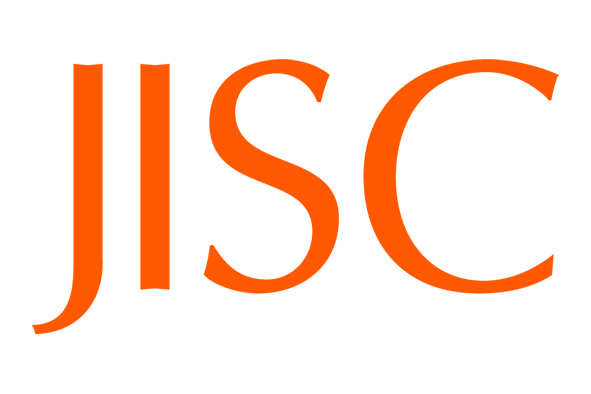

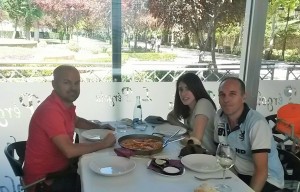

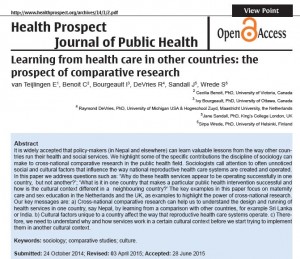


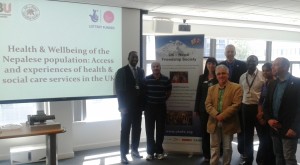
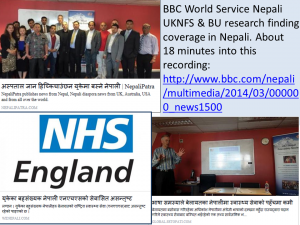 uth Asian and broader Black & Minority Ethnic (BME) communities in the UK.
uth Asian and broader Black & Minority Ethnic (BME) communities in the UK.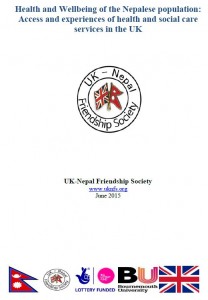

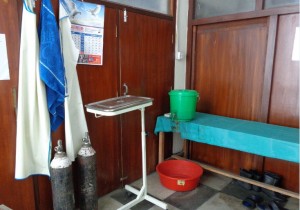
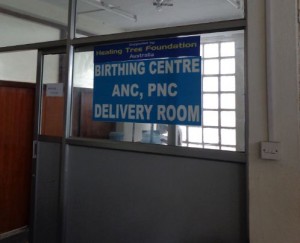
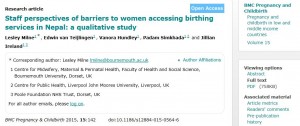
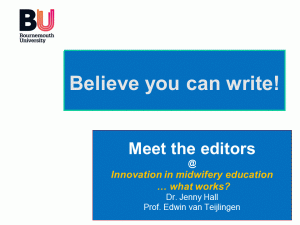
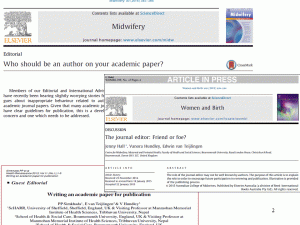
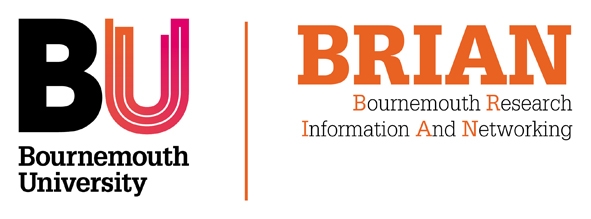
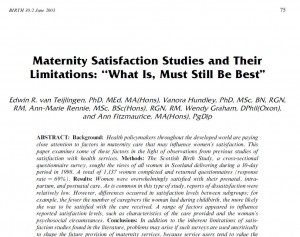
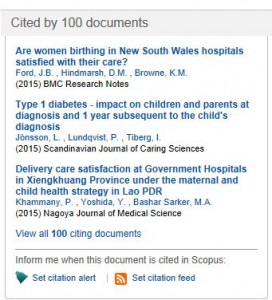


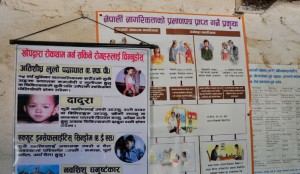
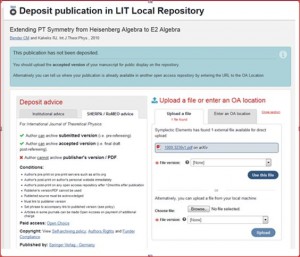
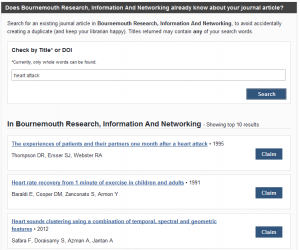

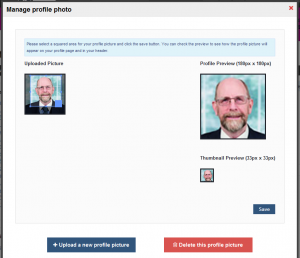











 Second NIHR MIHERC meeting in Bournemouth this week
Second NIHR MIHERC meeting in Bournemouth this week Dr. Ashraf cited on ‘Modest Fashion’ in The Guardian
Dr. Ashraf cited on ‘Modest Fashion’ in The Guardian NIHR-funded research launches website
NIHR-funded research launches website MSCA Postdoctoral Fellowships 2025 Call
MSCA Postdoctoral Fellowships 2025 Call ERC Advanced Grant 2025 Webinar
ERC Advanced Grant 2025 Webinar Horizon Europe Work Programme 2025 Published
Horizon Europe Work Programme 2025 Published Horizon Europe 2025 Work Programme pre-Published
Horizon Europe 2025 Work Programme pre-Published Update on UKRO services
Update on UKRO services European research project exploring use of ‘virtual twins’ to better manage metabolic associated fatty liver disease
European research project exploring use of ‘virtual twins’ to better manage metabolic associated fatty liver disease